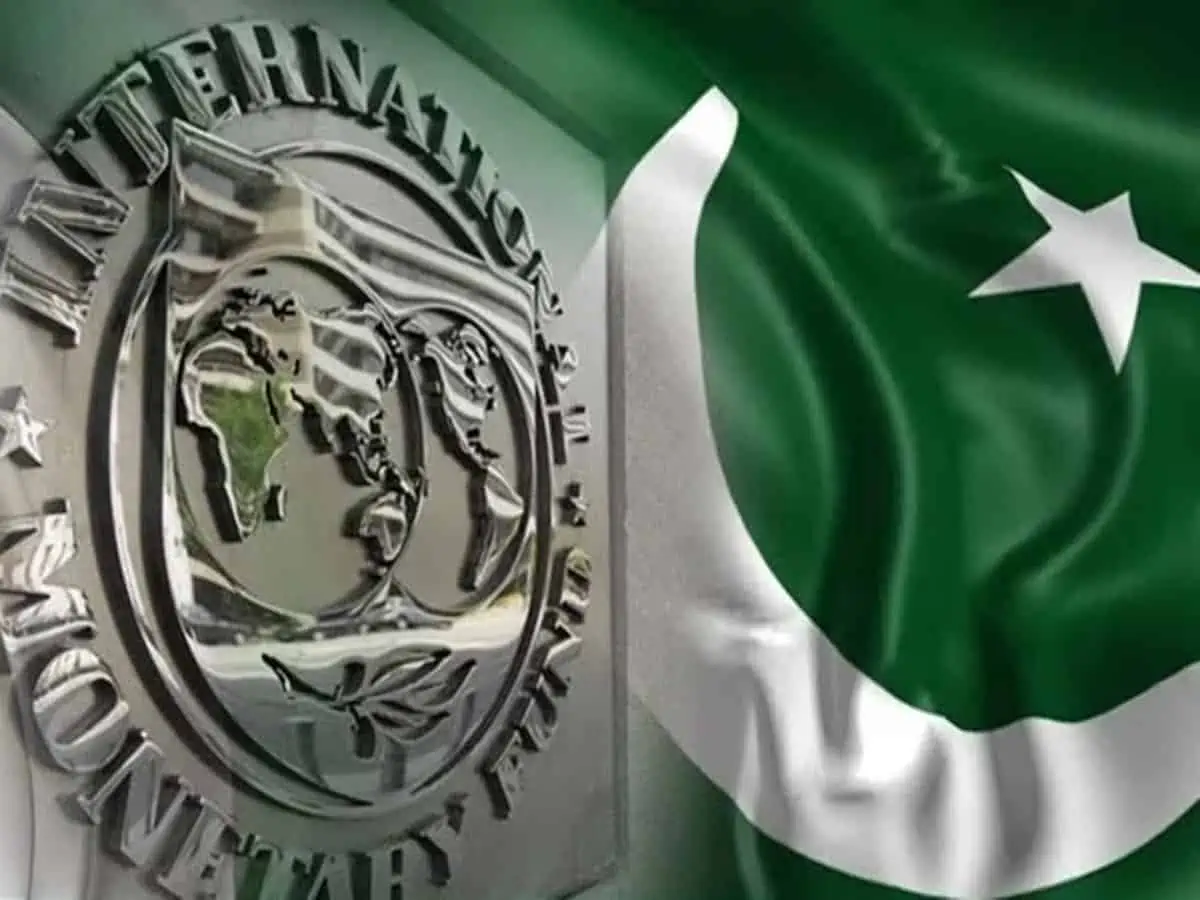Turkiye, formerly known as Turkey, aims to capitalize on its strategic location and an EU customs deal to attract Chinese investors seeking tariff-free access to European markets. This approach has recently borne fruit with a billion-dollar agreement with Chinese electric vehicle (EV) giant BYD.
BYD signed a deal with Ankara on Monday to establish a plant in western Turkiye, creating 5,000 jobs and helping the company bypass new EU tariffs. Turkiye, located at the crossroads of Europe, the Middle East, and Central Asia, is negotiating with other Chinese companies, according to Industry and Technology Minister Mehmet Fatih Kacir.
“We want to transform Turkiye into a production center for the next generation of vehicles,” Kacir told private broadcaster Haberturk, highlighting Turkiye’s advantages, including its membership in the EU customs union and trade agreements with 28 countries. “Chinese producers want rapid access to international markets. Investing in Turkiye offers them that.”
The EU recently imposed additional provisional tariffs of up to 38% on Chinese EVs after an investigation found that state subsidies unfairly undermined European competitors. However, Turkiye’s 1995 customs deal with the EU allows the free flow of several goods, including cars.
Since the 1970s, when major carmakers like Fiat and Renault opened plants in Turkiye, followed by Ford, Toyota, and Hyundai, the country has become a key player in the global automobile industry. BYD’s Turkish base will enable the Chinese EV specialist to circumvent EU tariffs increased by Brussels in July and access European markets.
New regulations on investment incentives allow BYD to avoid a 40% tariff that Turkiye initially imposed on electric vehicle imports. Manufacturers investing in Turkiye will be exempt. At least five other Chinese carmakers are considering opening plants in Turkiye, reported the state-owned news agency Anadolu.
Turkish manufacturer TOGG and Chinese firm Farasis have also partnered to produce EV batteries in Turkiye. Turkish officials have held numerous meetings with Chinese industrialists over the past year, according to the industry ministry.
Turkiye’s foreign affairs minister Hakan Fidan visited China in June to finalize a new bilateral deal, calling the countries “drivers of Asian wealth.” His visit to Xinjiang was the first by a high-ranking Turkish official since 2012. Xinjiang is where Beijing is accused of human rights violations against over one million Uyghurs and other Muslim minorities.
President Recep Tayyip Erdogan previously condemned China’s policy in Xinjiang as “genocide” in 2009. However, Ankara has since softened its stance, with Fidan reiterating the state’s “total support for China’s territorial integrity” in June.
Former diplomat Gulru Gezer emphasized that while important, the Uyghur issue is not the sole matter on the agenda between Beijing and Ankara and should not impede their relations. “Fidan’s visit supported this,” she said. “The fact that Beijing let Fidan go into Xinjiang and talk to the population were positive steps.”
However, not all experts share this view. Ceren Ergenc, an expert on China-Turkiye relations at the Centre for European Policy Studies, warned that welcoming more Chinese investment could alter Turkiye’s position on the Uyghur issue and lead to the implementation of an extradition agreement, negatively impacting the security of the Uyghur diaspora in Turkiye, which hosts tens of thousands of Uyghur refugees.
Ergenc noted that many countries, including EU members, seek to attract Chinese firms investing in Europe, and Turkiye has only recently begun following suit. Nonetheless, obstacles remain, including an EU legal framework on foreign subsidies that could complicate China’s use of Turkiye as a springboard for Europe. In the past, Chinese companies preferred Hungary or Poland over Turkiye due to economic stability concerns.
Gezer concluded that China and Turkiye’s warming relations are based on mutual interests. “Ankara and Beijing share common ground, including a multipolar worldview. Their relations will continue to develop in the foreseeable future,” she said. Erdogan has expressed his desire for Turkiye to join the Shanghai Cooperation Organisation, which includes China, Russia, and Iran, but where Turkiye is currently only a partner.



